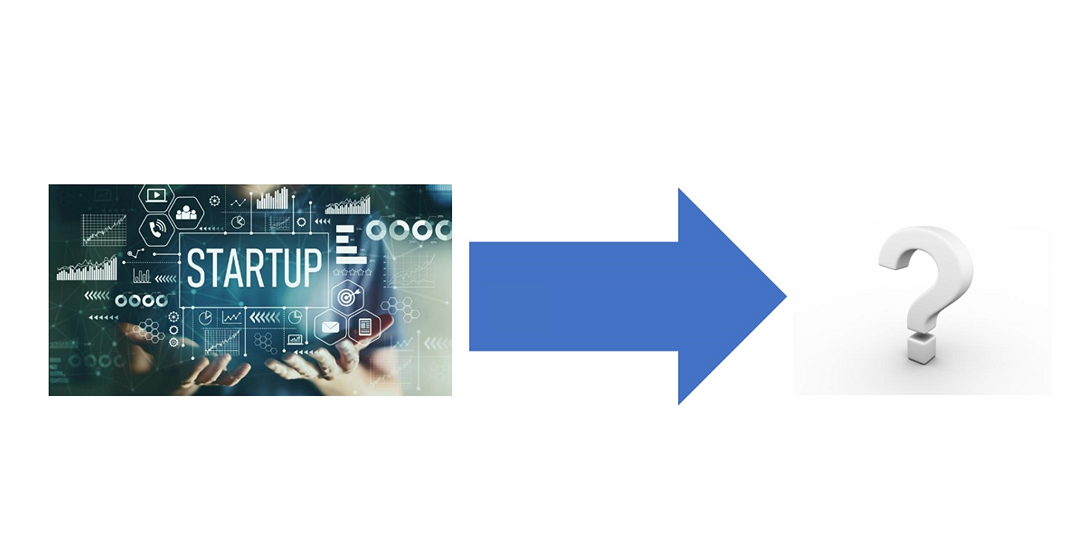Напрямки вдосконалення статусу стартапів в системі трансферу технологій
DOI:
https://doi.org/10.15587/1729-4061.2023.282762Ключові слова:
стартап, право на працю, рамкова програма «Горизонт Європи»Анотація
Об’єктом дослідження є вивчення існуючих організаційних форм стартапів та оцінка їх відповідності завданням трансферу технологій. Встановлено, що існуючі підходи до розуміння стартапів не відповідають потребам трансферу технологій. Обґрунтовано доцільність вдосконалення їх правового статусу. Сформовано напрямки вдосконалення форми стартапу у сфері трансферу технологій. В якості характерних рис стартапів у сфері трансферу технологій запропоновано наступні: наявність статусу суб’єкта господарювання, відповідність вимогам виробничого і комерційного суб’єкта, наявність технології чи прав на технологію, або ж виконання робіт із її створення.
Обґрунтовано необхідність зміни положень Рамкової програми досліджень та інновацій «Горизонт Європи», шляхом введення окремої категорії стартапів у сфері трансферу технологій. Запропоновано їх визначення, як автономних малих (середніх) підприємств на ранній стадії свого життєвого циклу. Як таких, що створені як поділ від університету чи дослідницької установи, та здійснюють виробничу комерційну діяльність і володіють правами на технологію чи спрямовані на нових технологій або масштабування на їх основі існуючих бізнес-моделей. Запропоновано універсальну правову конструкцію стартапу у сфері трансферу технологій, що може бути використана в національному законодавстві. Під ним запропоновано розуміти суб’єкта господарювання, створеного нещодавно, з метою здійснення виробничої діяльності та отримання прибутку, на основі реалізації належного права на технологію.
Дослідження спрямовано на формування напрямків удосконалення правового статусу стартапів. Сформовані результати дослідження можуть бути використані при формуванні міжнародних нормативних актів, для регулювання цих відносин та слугувати підставою для подальших наукових досліджень
Посилання
- Coelho, J. V. (2018). Uma hipertrofia do presente: Do trabalho e das situações de trabalho numa organização start-up. Forum Sociológico, 33, 47–54. doi: https://doi.org/10.4000/sociologico.2502
- Aldrich, H. E., Martinez, M. A. (2001). Many are Called, but Few are Chosen: An Evolutionary Perspective for the Study of Entrepreneurship. Entrepreneurship Theory and Practice, 25 (4), 41–56. doi: https://doi.org/10.1177/104225870102500404
- Ali, M. A., Kabil, M., Alayan, R., Magda, R., Dávid, L. D. (2021). Entrepreneurship Ecosystem Performance in Egypt: An Empirical Study Based on the Global Entrepreneurship Index (GEI). Sustainability, 13 (13), 7171. doi: https://doi.org/10.3390/su13137171
- Bakker, R. M. (2010). Taking Stock of Temporary Organizational Forms: A Systematic Review and Research Agenda. International Journal of Management Reviews, 12 (4), 466–486. doi: https://doi.org/10.1111/j.1468-2370.2010.00281.x
- Baptista, R., Preto, M. T. (2009). New firm formation and employment growth: regional and business dynamics. Small Business Economics, 36 (4), 419–442. doi: https://doi.org/10.1007/s11187-009-9254-y
- Jha, S. K. (2018). Entrepreneurial ecosystem in India: Taking stock and looking ahead. IIMB Management Review, 30 (2), 179–188. doi: https://doi.org/10.1016/j.iimb.2018.04.002
- Ruslan, K., Inshyn, M., Hryshyna, Y., Hubska, O., Yurovska, V. (2023). History of the origin and development of the trade union movement in Ukraine. Cogent Arts & Humanities, 10 (1). doi: https://doi.org/10.1080/23311983.2023.2173553
- Wahyuni, A. I., Noviaristanti, S. (2022). Startup Characteristics and The Role of Business Incubators in Indonesia. Indonesian Journal of Business and Entrepreneurship. doi: https://doi.org/10.17358/ijbe.8.2.251
- Amalian, A. W., Amalyan, N. D. (2018). Start-up First Term Sheet: Stumbling Blocks to Avoid. Bìznes Inform, 1, 104–110. Available at: http://business-inform.net/export_pdf/business-inform-2018-1_0-pages-104_110.pdf
- Keidel, J., Bican, P. M., Riar, F. J. (2021). Influential Factors of Network Changes: Dynamic Network Ties and Sustainable Startup Embeddedness. Sustainability, 13 (11), 6184. doi: https://doi.org/10.3390/su13116184
- Regulation (EU) 2021/695 of the European Parliament and of the Council of 28 April 2021 establishing Horizon Europe – the Framework Programme for Research and Innovation, laying down its rules for participation and dissemination, and repealing Regulations (EU) No 1290/2013 and (EU) No 1291/2013 (Text with EEA relevance). Official Journal of the European Union. Available at: https://eur-lex.europa.eu/eli/reg/2021/695
- Davydiuk, O., Duiunova, T., Shovkoplias, H., Sivash, O., Hlushchenko, S., Lisohorova, K., Maryniv, I. (2023). Directions for improving the international legal regulation of the support program for the transfer of innovations and technologies “Horizon Europe.” Eastern-European Journal of Enterprise Technologies, 2 (13 (122)), 85–91. doi: https://doi.org/10.15587/1729-4061.2023.276747

##submission.downloads##
Опубліковано
Як цитувати
Номер
Розділ
Ліцензія
Авторське право (c) 2023 Oleksandr Davydiuk, Tetiana Shvydka, Iuliia Ostapenko, Victoriia Yurovska, Oleksii Bytiak, Yurii Senyk

Ця робота ліцензується відповідно до Creative Commons Attribution 4.0 International License.
Закріплення та умови передачі авторських прав (ідентифікація авторства) здійснюється у Ліцензійному договорі. Зокрема, автори залишають за собою право на авторство свого рукопису та передають журналу право першої публікації цієї роботи на умовах ліцензії Creative Commons CC BY. При цьому вони мають право укладати самостійно додаткові угоди, що стосуються неексклюзивного поширення роботи у тому вигляді, в якому вона була опублікована цим журналом, але за умови збереження посилання на першу публікацію статті в цьому журналі.
Ліцензійний договір – це документ, в якому автор гарантує, що володіє усіма авторськими правами на твір (рукопис, статтю, тощо).
Автори, підписуючи Ліцензійний договір з ПП «ТЕХНОЛОГІЧНИЙ ЦЕНТР», мають усі права на подальше використання свого твору за умови посилання на наше видання, в якому твір опублікований. Відповідно до умов Ліцензійного договору, Видавець ПП «ТЕХНОЛОГІЧНИЙ ЦЕНТР» не забирає ваші авторські права та отримує від авторів дозвіл на використання та розповсюдження публікації через світові наукові ресурси (власні електронні ресурси, наукометричні бази даних, репозитарії, бібліотеки тощо).
За відсутності підписаного Ліцензійного договору або за відсутністю вказаних в цьому договорі ідентифікаторів, що дають змогу ідентифікувати особу автора, редакція не має права працювати з рукописом.
Важливо пам’ятати, що існує і інший тип угоди між авторами та видавцями – коли авторські права передаються від авторів до видавця. В такому разі автори втрачають права власності на свій твір та не можуть його використовувати в будь-який спосіб.









